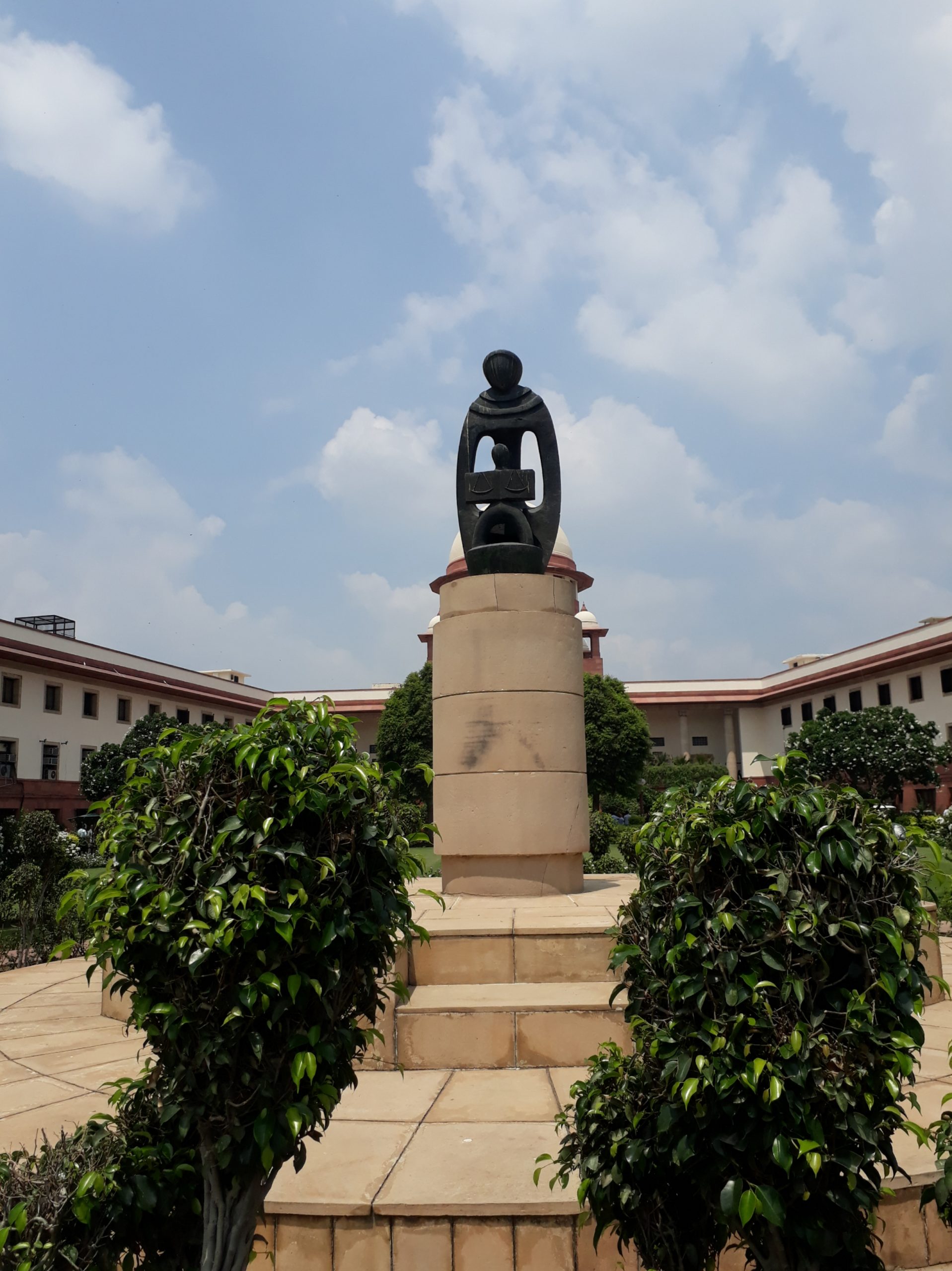According to the appellant, he and his brothers succeeded to the suit property after the demise of his father. He claimed that the suit property was allotted to his share under a family settlement dated 25th April 1993, executed by and between him and his brothers. The appellant claims to be in exclusive possession of the suit property. The suit is founded on the cause of action that on 18th June 1994, the respondents tried to interfere with his possession of the suit property. Therefore, a suit simpliciter for injunction was filed by him. (Para 2)
A counter-claim was made by the respondents claiming a declaration that they have perfected their title to the suit property by way of adverse possession. They also claimed that the family settlement dated 25th April 1993, relied upon by the appellant was void and non-est. (Para 5)
The Trial Court dismissed the suit and decreed the counter-claim. In an appeal preferred by the appellant, the District Court interfered and decreed the suit filed by the appellant. In a second appeal preferred by the first respondent, the High Court interfered by holding that the amendment incorporating the prayer for declaration was barred by limitation and that the same would not relate back to the date of institution of the suit. Hence, the High Court dismissed the suit. The High Court did not consider any other issue. (Para 7)
Hence, the respondents admitted the ownership of the appellant’s father through whom the appellant claims title. Even going by the respondents’ case, the appellant was the coowner of the property, and the respondents admittedly had no title in respect of the suit property. Therefore, there was no dispute about the appellant’s title as pleaded in the suit. The issue was whether the plea of adverse possession defeated that title. The burden of proving the plea of adverse possession was on the respondents. The burden on the appellant was to prove his possession on the date of the suit. (Para 14)
Only two questions were required to be dealt with. The first was whether the appellant had established that he was in possession of the suit property on the date of the institution of the suit. If the appellant fails to prove this issue, the suit will be liable to be dismissed. The burden was on the respondents to prove their plea of adverse possession, as there was a counter-claim seeking a declaration of ownership based on adverse possession. The counter-claim is in the nature of a cross-suit. (Para 17)
The High Court has decided only one issue: whether the amendment was barred by limitation. Therefore, in view of the above conclusion, the High Court will have to decide the other issues. (Para 18)
We agree with the High Court that the amendment was barred by limitation, considering the date of the cause of action pleaded and the date of applying for amendment. It was not the case of the respondents that the suit as originally filed was barred by limitation. (Para 19)
As the High Court has not considered the merits of the suit and counter-claim, we propose to remand the regular second appeal to the High Court. (Para 20)
The High Court shall proceed to decide the Regular Second Appeal in accordance with the law. Except for the issue of amendment of the plaint being barred by the limitation, all other issues are left open to be decided by the High Court. (Para 21)
Normally, this Court should never fix a time-bound schedule for disposal of a case pending before High Courts, which are Constitutional Courts. But, in this case, the Regular Second Appeal is of 2007. Therefore, the High Court shall give necessary out-of-turn priority to the disposal of the Regular Second Appeal. (Para 22)
SUPREME COURT OF INDIA
2023 STPL(Web) 315 SC
[2023 INSC 877]
Sri. K.M. Krishna Reddy Vs. Sri. Vinod Reddy & Anr.
Civil appeal no. 4471 of 2010-Decided on 6-10-2023
https://stpllaw.in/wp-content/uploads/2023/10/2023-STPLWeb-315-SC.pdf







